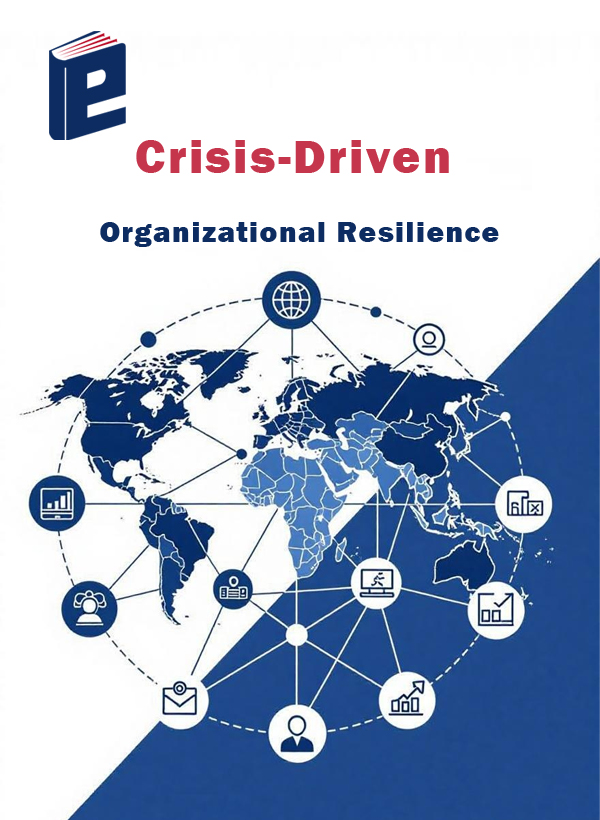About the Journal

Aims & Scope
Crisis-Driven Organizational Resilience(CDOR) is an international, peer-reviewed, open-access journal dedicated to exploring the development, evolution, and practical pathways of organizational resilience in crisis situations. The journal aims to provide a multidisciplinary platform for scholars, practitioners, and policymakers to exchange knowledge on how organizations build, enhance, and sustain resilience in complex, uncertain, and highly dynamic crisis environments through strategic, cultural, technological, and managerial approaches.
In today’s global context, where organizations face multiple crises—such as climate change, public health emergencies, economic fluctuations, and geopolitical conflicts—organizational resilience has become a central issue for the sustainability of businesses, governments, and non-profit organizations. The journal encourages submissions in the form of empirical studies, theoretical contributions, case analyses, and policy recommendations that examine how organizations learn from, adapt to, and transform in response to crises in order to achieve long-term stability and growth.
The journal welcomes submissions that address, but are not limited to, the following areas:
1. Theoretical and Conceptual Foundations
- Theoretical models of organizational resilience in crisis contexts
- Evolution of resilience frameworks across industries and sectors
- Integration of resilience with other organizational concepts (e.g., agility, adaptability, sustainability)
2. Crisis Types and Contexts
- Natural disasters and climate-related crises
- Public health emergencies and pandemics
- Economic and financial crises
- Cybersecurity and digital crises
- Geopolitical and political crises
3. Organizational Responses to Crisis
- Leadership and decision-making in crisis
- Crisis communication and stakeholder engagement
- Crisis learning and organizational memory
- Post-crisis recovery and transformation
- Innovation and digital transformation in crisis
4. Organizational Structures and Capabilities
- Resilient organizational culture and values
- Agile and adaptive organizational structures
- Human resource management in crisis
- Supply chain resilience and risk management
- Crisis-driven collaboration and partnerships
5. Policy and Governance
- Public policy and crisis governance
- Regulatory frameworks for crisis resilience
- Ethical and social responsibility in crisis management
- Rebuilding and organizational responsibility in post-crisis societies
6. Methodology and Research Approaches
- Quantitative and qualitative research methods
- Mixed methods and case study research
- Big data and AI applications in crisis management
ISSN:
Frequency: Semi-annual (February,August)
